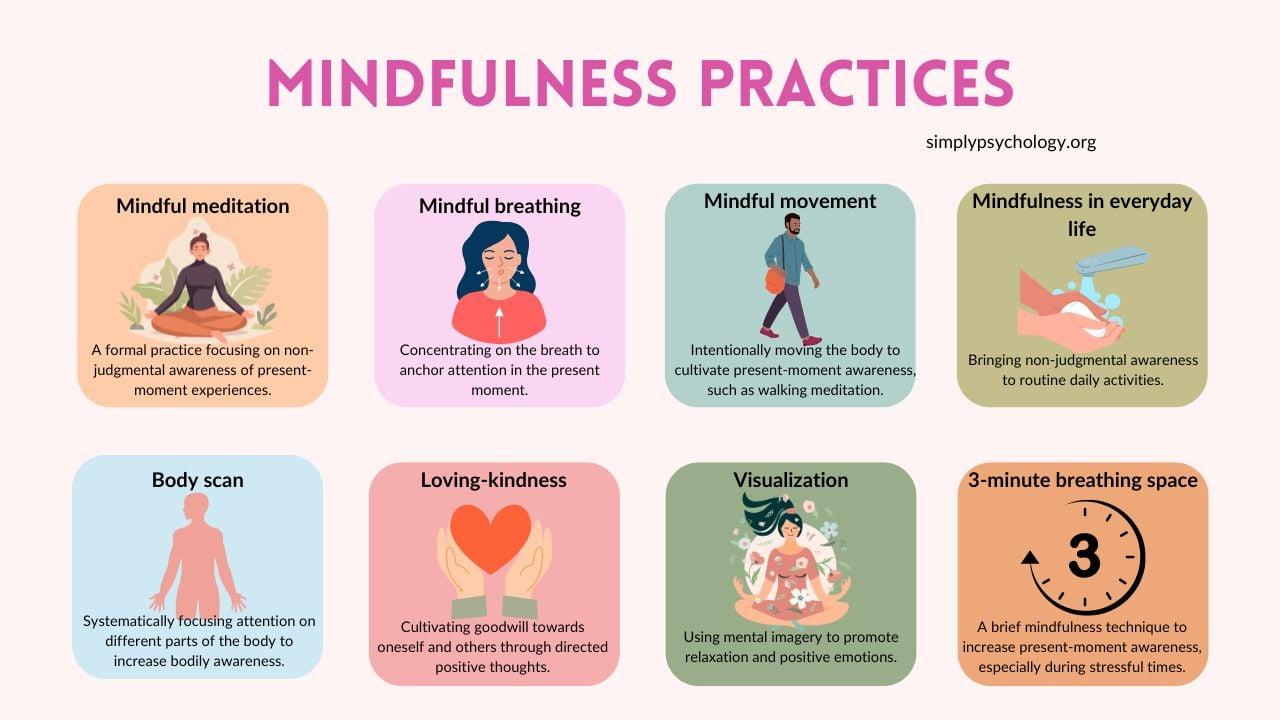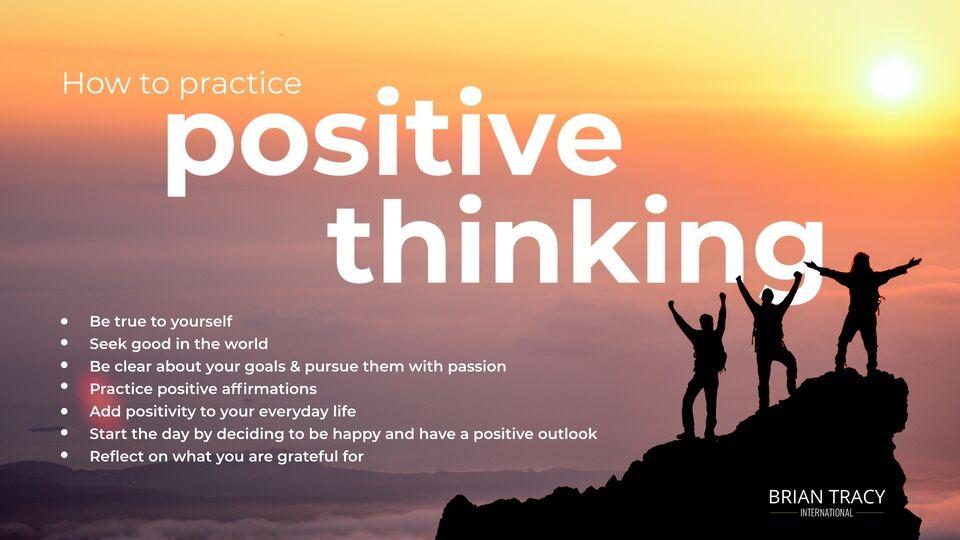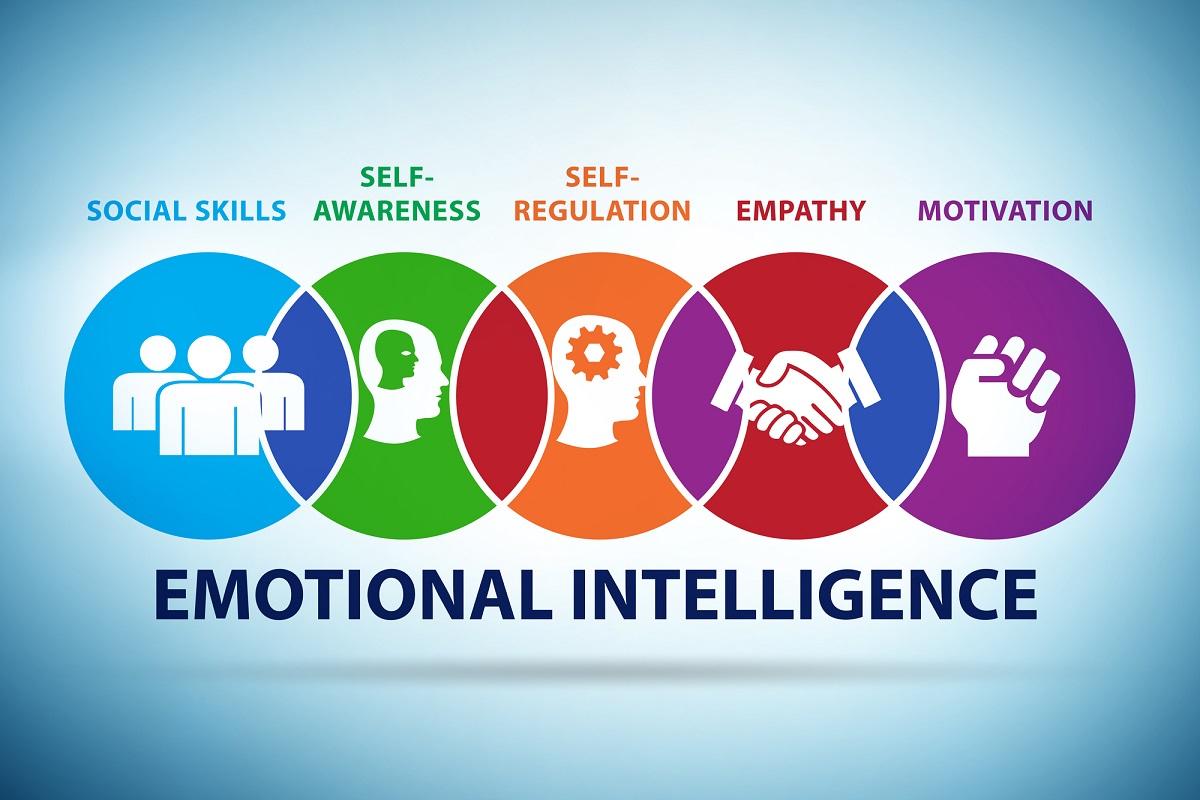In today’s fast-paced world, where challenges and uncertainties are part of everyday life, building mental resilience has become more important than ever. It’s the ability to bounce back from adversity, adapt to change, and keep moving forward with hope and confidence. Yet, for many, cultivating this resilience can seem daunting. The good news is that strengthening your mental resilience doesn’t have to be a complex or overwhelming process. With a few simple, actionable tips, you can begin to enhance your ability to cope with stress and setbacks. This article aims to guide you through easy, practical strategies that can be seamlessly integrated into your daily routine, helping you to not only survive but thrive in the face of life’s inevitable challenges. Let’s embark on this journey together, with empathy and understanding, towards a more resilient you.
Building a Strong Foundation Through Mindful Practices
Incorporating mindful practices into your daily routine can significantly enhance your mental resilience. These practices help in cultivating a sense of peace and focus, enabling you to handle life’s challenges with greater ease. Here are some easy tips to get started:
- Meditation: Dedicate just 5-10 minutes each day to sit quietly and focus on your breath. This simple act can reduce stress and increase your emotional well-being.
- Gratitude Journaling: Spend a few moments each day writing down three things you’re grateful for. This practice shifts your mindset towards positivity and helps in building emotional strength.
- Mindful Walking: Take a walk in nature, paying close attention to your surroundings. Notice the colors, sounds, and smells. This practice grounds you in the present moment, enhancing your mental clarity.
Additionally, it’s essential to understand which activities resonate most with you. Here’s a brief comparison of different mindful practices to help you choose the best fit:
| Practice | Duration | Key Benefit |
|---|---|---|
| Meditation | 5-10 mins | Reduces stress |
| Gratitude Journaling | 5 mins | Boosts positivity |
| Mindful Walking | 10-20 mins | Enhances clarity |
By integrating these mindful practices into your life, you lay the groundwork for a resilient mindset, empowering you to face life’s hurdles with strength and grace.

Cultivating a Positive Mindset for Everyday Challenges
Developing mental resilience is like building a muscle; it requires consistent effort and practice. Here are some easy yet effective strategies to help you foster a positive mindset and face everyday challenges with grace and confidence:
- Practice Gratitude: Take a few moments each day to reflect on what you are thankful for. This simple practice can shift your focus from what’s going wrong to what’s going right, helping you build a more optimistic outlook.
- Mindful Breathing: When stress mounts, pause and take a few deep breaths. Focus on the sensation of your breath entering and leaving your body. This can help ground you in the present moment and alleviate anxiety.
- Set Realistic Goals: Break down larger tasks into smaller, manageable steps. Celebrate each achievement, no matter how small, to keep motivation high and reduce overwhelm.
| Strategy | Benefit |
|---|---|
| Journaling | Clarifies thoughts and emotions |
| Meditation | Enhances focus and calmness |
| Positive Affirmations | Boosts self-esteem and confidence |
Remember, building mental resilience doesn’t happen overnight. Be patient with yourself and recognize that every small step you take contributes to a stronger, more positive mindset. By incorporating these practices into your daily routine, you’ll find yourself better equipped to handle life’s ups and downs.

Developing Emotional Awareness and Coping Strategies
Understanding and managing emotions is a cornerstone of mental resilience. Emotional awareness involves recognizing and acknowledging your feelings, which is the first step in learning how to cope with them effectively. Here are some practical strategies to enhance your emotional intelligence:
- Journaling: Write down your thoughts and feelings daily. This practice can help you identify patterns in your emotional responses.
- Mindfulness Meditation: Spend a few minutes each day focusing on your breath and observing your thoughts without judgment.
- Emotion Check-Ins: Set reminders throughout the day to pause and assess how you’re feeling and why.
In addition to these strategies, developing coping mechanisms is crucial for handling emotional challenges. Here’s a simple table to guide you:
| Emotion | Coping Strategy |
|---|---|
| Stress | Practice deep breathing or progressive muscle relaxation. |
| Anger | Engage in physical activity or write down your feelings before reacting. |
| Anxiety | Try grounding techniques, such as the 5-4-3-2-1 method. |
By integrating these techniques into your daily routine, you can cultivate a greater sense of control over your emotions, leading to improved mental resilience. Remember, it’s not about avoiding negative emotions but learning to manage them in a healthy way.

Enhancing Social Connections for Greater Support
Building a strong social network is crucial for enhancing mental resilience. Cultivating meaningful relationships can provide a safety net of support, helping to buffer the effects of stress and adversity. Here are some simple yet effective strategies to strengthen your social connections:
- Reach Out Regularly: Consistent communication with friends and family can reinforce bonds. Schedule regular catch-ups, whether it’s a quick coffee, a phone call, or a video chat.
- Join Community Groups: Engaging with local clubs or online communities with shared interests can expand your support network and introduce you to new perspectives.
- Practice Active Listening: Being present and truly listening to others can deepen your relationships and encourage reciprocated support.
Consider the following benefits of strong social connections:
| Benefit | Description |
|---|---|
| Emotional Support | Helps in managing stress and provides comfort during difficult times. |
| Increased Happiness | Positive interactions can enhance your mood and overall well-being. |
| Personal Growth | Exposure to diverse viewpoints can inspire personal development. |








































